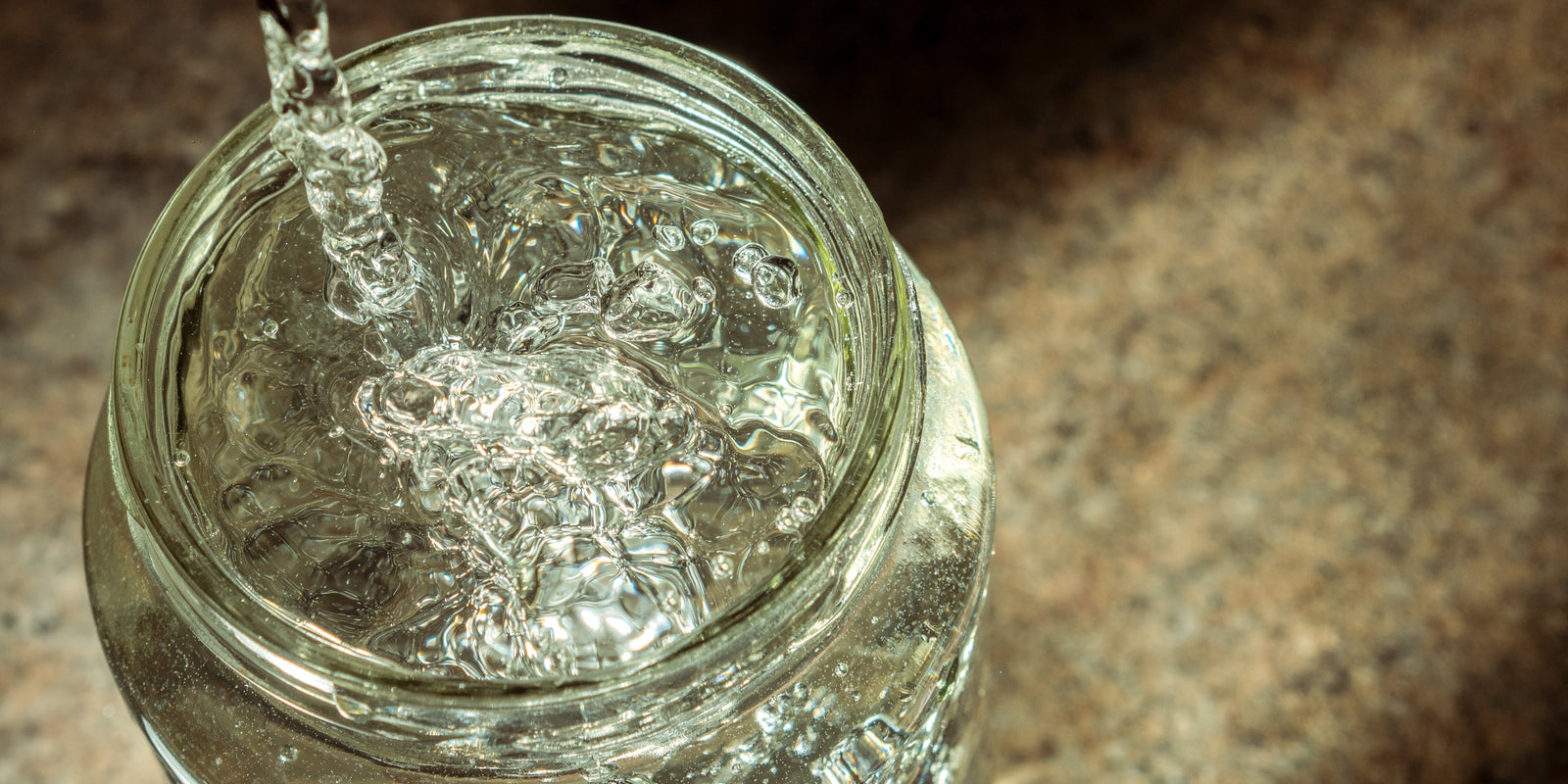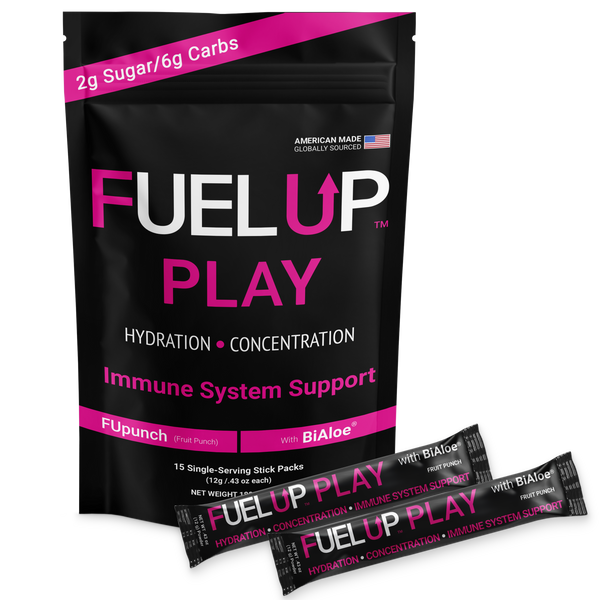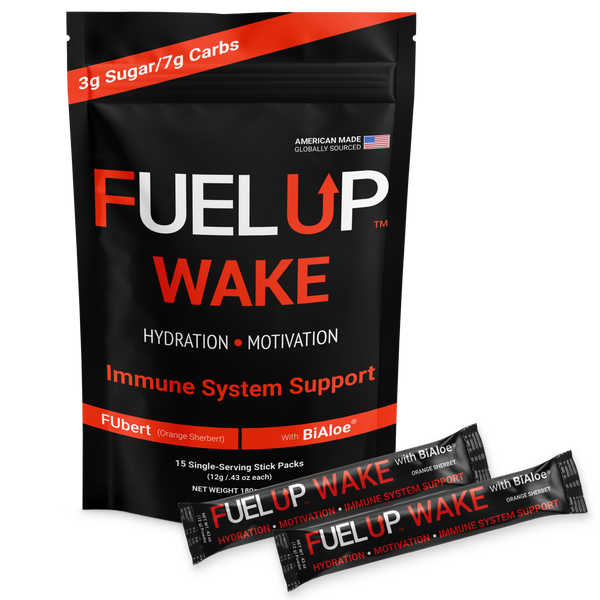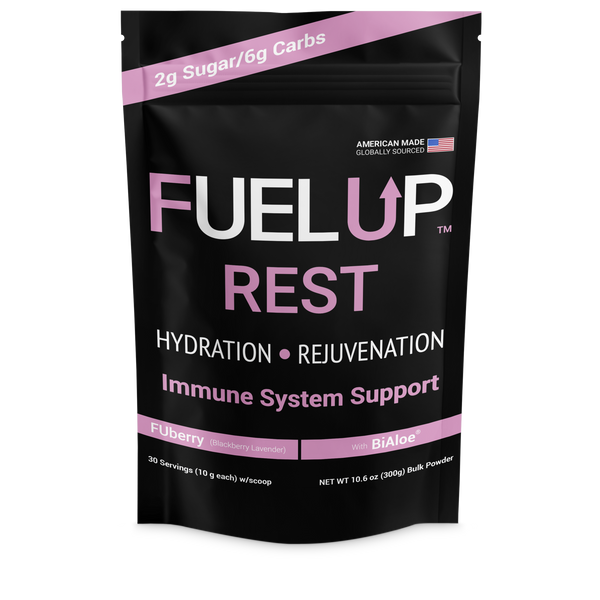Why Hydration Matters
Hydration is one of the most fundamental elements of health and performance. Without it, your body simply can’t function as intended. Yet, for something so basic, hydration is often misunderstood. Many people assume that guzzling plain water is all it takes to stay hydrated, but the reality is more complex. Hydration goes beyond just fluid intake; it involves ensuring your blood vessels, cells, and muscles have the right balance of electrolytes, nutrients, and water to thrive.
What Actually Happens When You Get Dehydrated
When you lose fluids—whether through sweat, exercise, daily activities, or even sleep—the cells in your body struggle to carry out critical functions. Here's what dehydration impacts:
-
Energy Levels: Dehydration hinders nutrient transport, leaving you feeling fatigued or sluggish.
-
Cognition: Even mild dehydration can impair focus, memory, and decision-making.
-
Muscle Performance: Dehydration can cause your body’s electrolyte levels to drop. Electrolytes (like potassium and sodium) are essential for muscle contractions. Without them, you may face cramping or reduced performance during workouts.
-
Overall Wellness: Chronic dehydration can lead to long-term health issues such as kidney concerns and inflammation.
Why Water Alone Sometimes Isn’t Enough
Water is undeniably essential, but hydration involves more than just replacing lost fluids. Electrolytes, vitamins, and minerals play vital roles in keeping your body hydrated at the cellular level. Here’s why:
-
Electrolytes Regulate Fluid Balance: Sodium, potassium, magnesium, and other electrolytes help maintain optimal water levels within and outside your cells.
-
Energy Production Needs Nutrients: Vitamins, like B12, are key players in converting food into energy, which water alone cannot do.
-
Recovering From Losses: Activities like exercise, stress, or outdoor heat demand rapid fluid replacement, often best achieved with drinks containing nutrients.
Practical Tips for Smarter Hydration
Staying hydrated goes beyond sipping water. Here are actionable steps to ensure balanced hydration:
-
Track fluid intake: Maintain a steady flow of hydration throughout the day, especially when you’re active.
-
Incorporate electrolytes: Choose drinks with potassium, magnesium, and sodium to replenish what’s lost during physical workouts.
-
Avoid dehydration pitfalls: Things like excessive caffeine, poor sleep, and alcohol can deplete fluids quicker than you think.
-
Tailor hydration to your activity level: Intense activity? Find a hydration strategy with added nutrition to support recovery.
A Solution That Supports Smarter Hydration
While water is essential, adding electrolyte-infused hydration can optimize your results, especially during intense activities or recovery periods. This is where products like Fuel Up Hydration come into play—a practical solution to balance hydration with nutrients designed to enhance performance, recovery, and well-being.
Take the science of hydration, tailor it to your routine, and see the difference in how energized, focused, and balanced you can feel!




